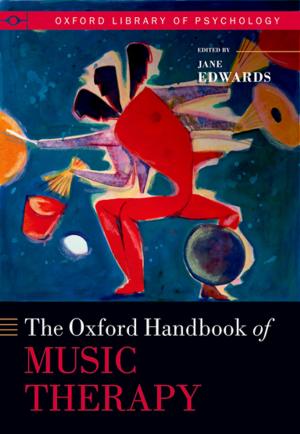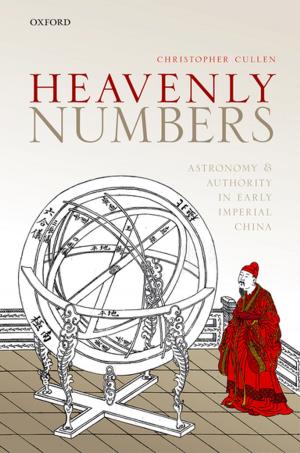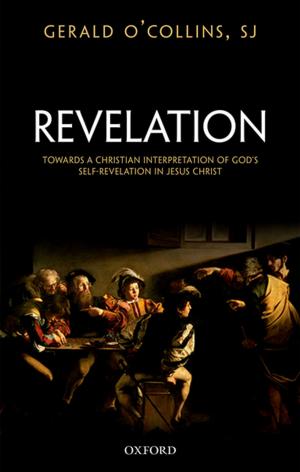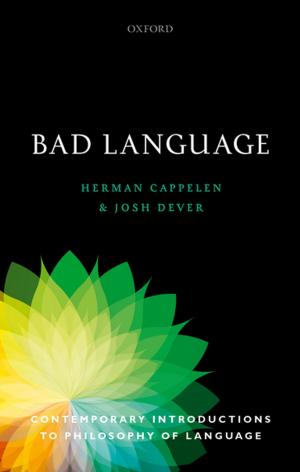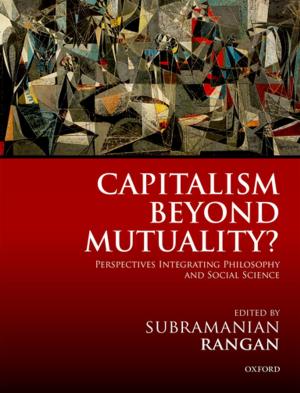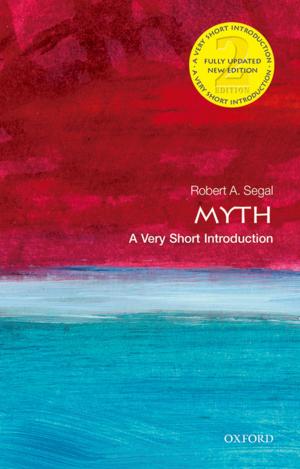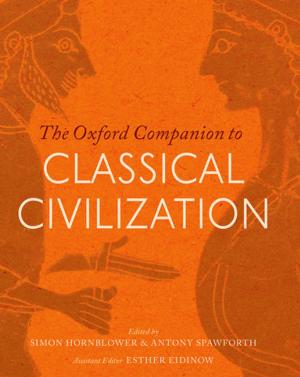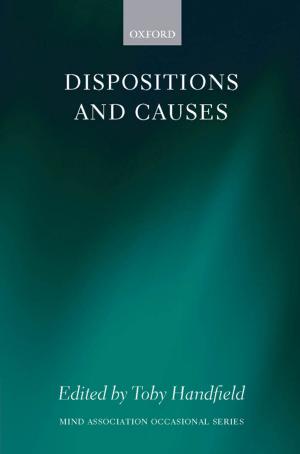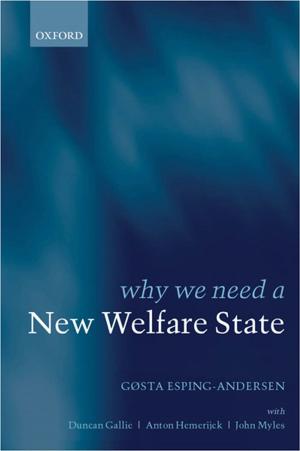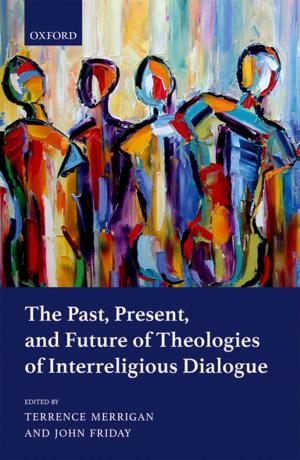A. J. Appasamy and his Reading of Rāmānuja
A Comparative Study in Divine Embodiment
Nonfiction, Religion & Spirituality, Theology, Christianity| Author: | Brian Philip Dunn | ISBN: | 9780192508966 |
| Publisher: | OUP Oxford | Publication: | December 1, 2016 |
| Imprint: | OUP Oxford | Language: | English |
| Author: | Brian Philip Dunn |
| ISBN: | 9780192508966 |
| Publisher: | OUP Oxford |
| Publication: | December 1, 2016 |
| Imprint: | OUP Oxford |
| Language: | English |
In this work, Brian Philip Dunn focuses on the South Indian theologian A. J. Appaswamy's 'embodiment theology.' This is the first book on Appaswamy, a not insignificant Indian, Christian theologian. This study argues for the distinctive theological voice of Appaswamy who develops a theology strongly influenced by the medieval Hindu theologian (or 'bhakti philosopher') Rāmānuja, in particular offering a reading of the Gospel of John. Dunn shows how Appaswamy sees the Christian God in Rāmānuja's theology and how his theology, particularly about the presence of God in the icon in a temple, can become a heuristic device through which to understand the fourth Gospel in the context of its own time. This allows the reader to develop a rooted Christology that otherwise would remain hidden. Through Rāmānuja, Appaswamy can contribute to a constructive and important Theology that grounds the text and ideas of the incarnation in the Jewish context, particularly about priestly atonement. This reading of Rāmānuja allows us to see a Christology in the Christian text that would otherwise not have been seen.
In this work, Brian Philip Dunn focuses on the South Indian theologian A. J. Appaswamy's 'embodiment theology.' This is the first book on Appaswamy, a not insignificant Indian, Christian theologian. This study argues for the distinctive theological voice of Appaswamy who develops a theology strongly influenced by the medieval Hindu theologian (or 'bhakti philosopher') Rāmānuja, in particular offering a reading of the Gospel of John. Dunn shows how Appaswamy sees the Christian God in Rāmānuja's theology and how his theology, particularly about the presence of God in the icon in a temple, can become a heuristic device through which to understand the fourth Gospel in the context of its own time. This allows the reader to develop a rooted Christology that otherwise would remain hidden. Through Rāmānuja, Appaswamy can contribute to a constructive and important Theology that grounds the text and ideas of the incarnation in the Jewish context, particularly about priestly atonement. This reading of Rāmānuja allows us to see a Christology in the Christian text that would otherwise not have been seen.


